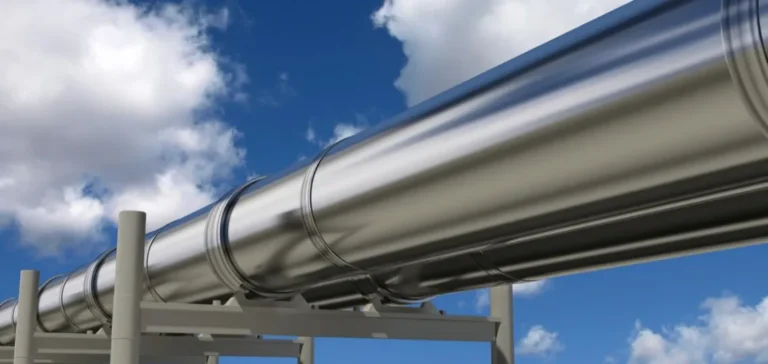Targa Resources has announced a $1.6bn investment in the construction of a new natural gas liquids (NGL) pipeline linking its operations in the Permian Basin to its fractionation and storage hub in Mont Belvieu, Texas. This strategic project aims to accommodate growing volumes and enhance existing infrastructure efficiency.
Initial capacity expandable to one million barrels
Named Speedway, the pipeline will span approximately 800 kilometres with a 30-inch diameter. It will initially transport 500,000 barrels per day, with potential expansion to 1 million barrels per day depending on market demand. Targa plans to link both its current assets and future processing plants to the Mont Belvieu network, ensuring a steady and centralised flow.
Currently, around 1 million barrels per day of NGLs are transported via Targa’s existing system, including volumes from the Pembrook II plant, commissioned in the third quarter of 2025 in the Permian Midland region.
Deployment of new processing capacity
To support this growth, Targa is also developing a new gas processing plant within its Permian Delaware network. The Yeti facility, with a capacity of 275 million cubic feet per day (MMcf/d), is scheduled to be operational in the third quarter of 2027.
In total, the company is building five gas processing plants in the Permian Basin, all expected to come online over the next two years. These facilities will offer a combined inlet capacity of 1.4 billion cubic feet per day (Bcf/d) and are projected to produce between 175,000 and 200,000 barrels of NGLs per day.
Strengthening intra-basin connectivity
Targa is also moving forward with a pipeline project called Buffalo Run. It includes the construction of a new 56-kilometre pipeline and the conversion of an existing 89-kilometre line for natural gas service.
Combined with the previously announced Bull Run Extension, the Buffalo Run project will interconnect Targa’s Midland and Delaware natural gas systems, improving access to multiple regional markets, including the Waha hub.
Buffalo Run is set to be completed in phases, with full completion expected by early 2028, according to the company’s projections.






















